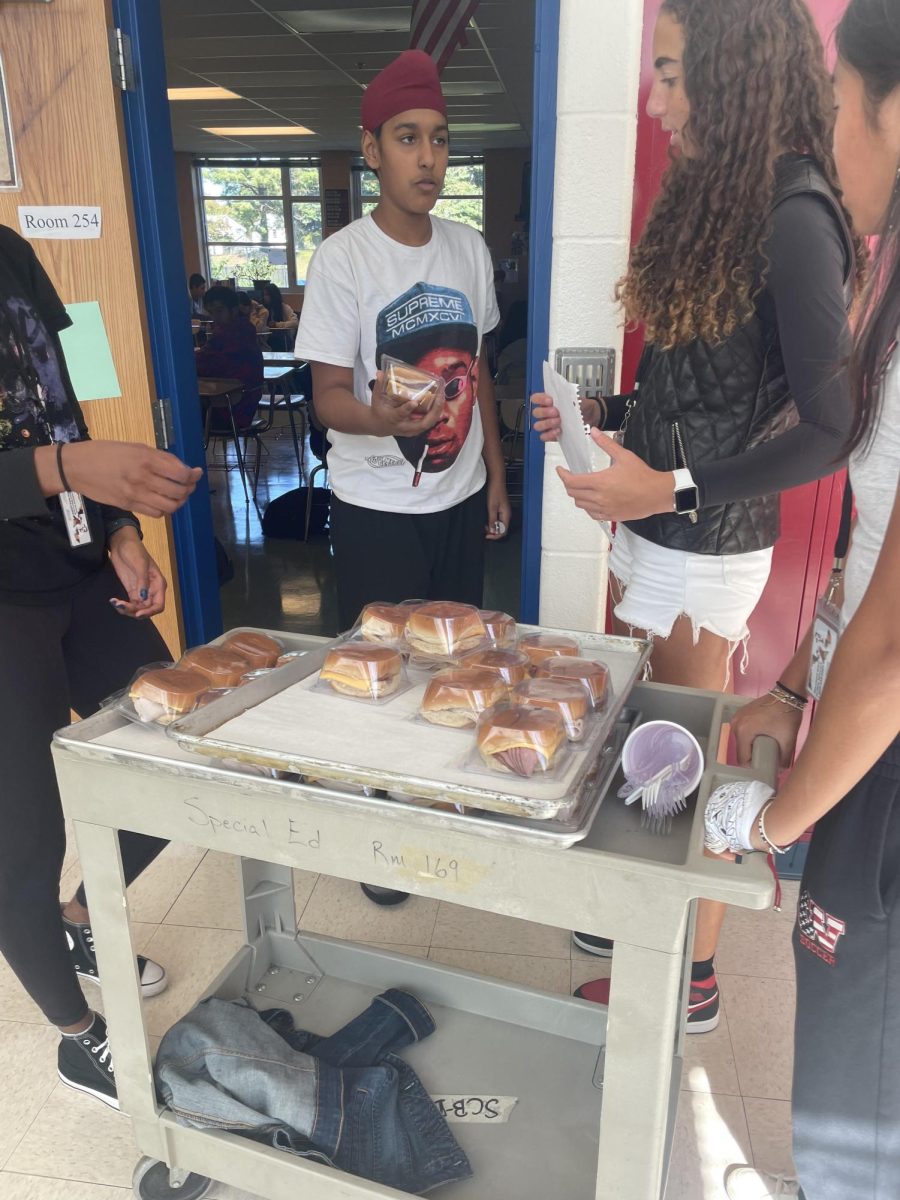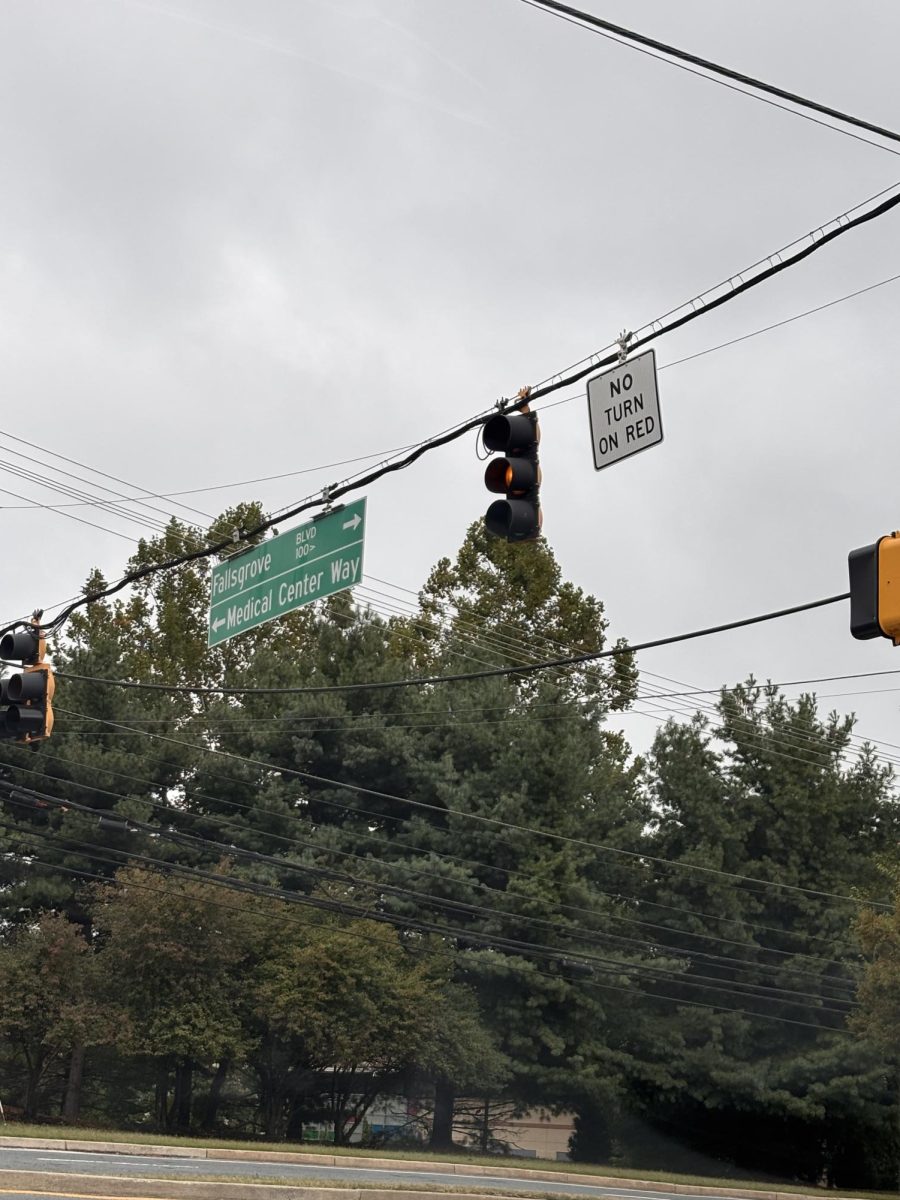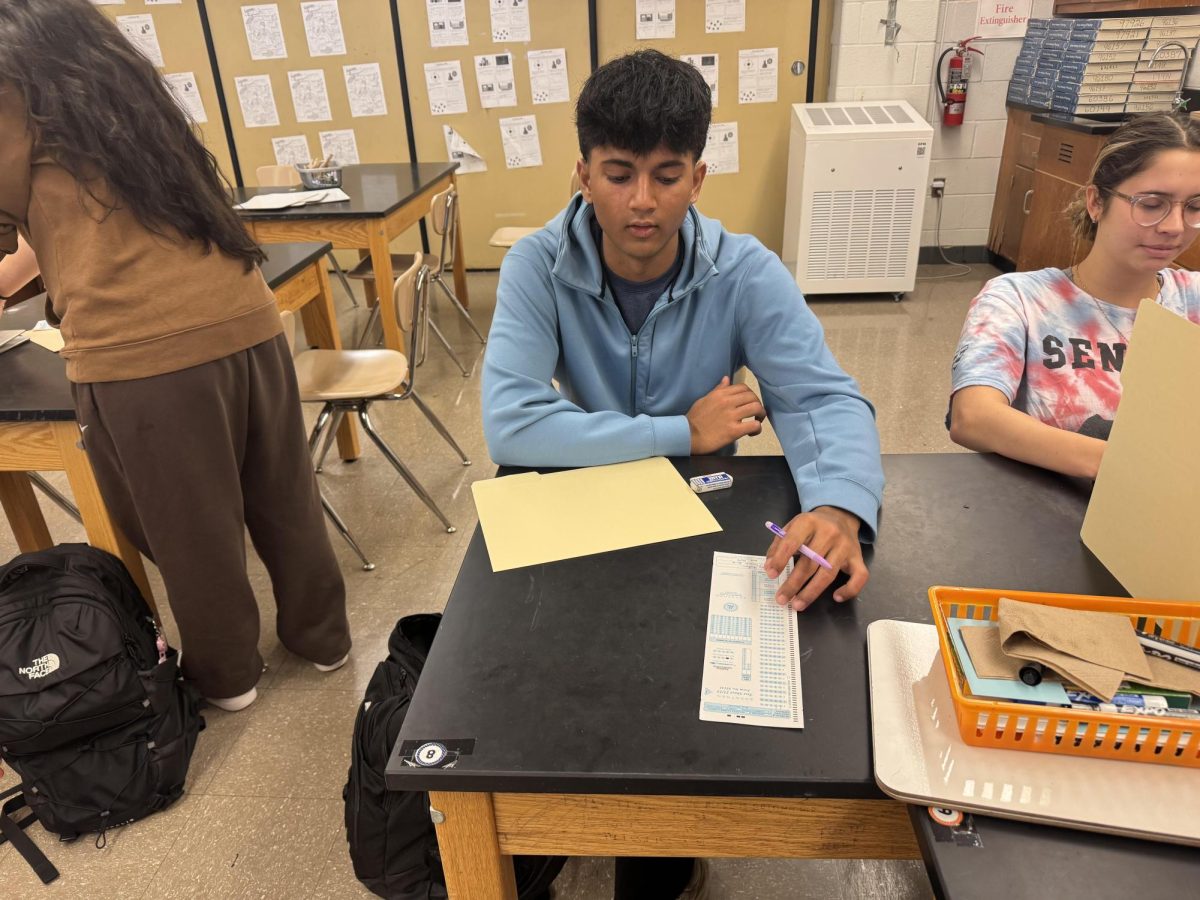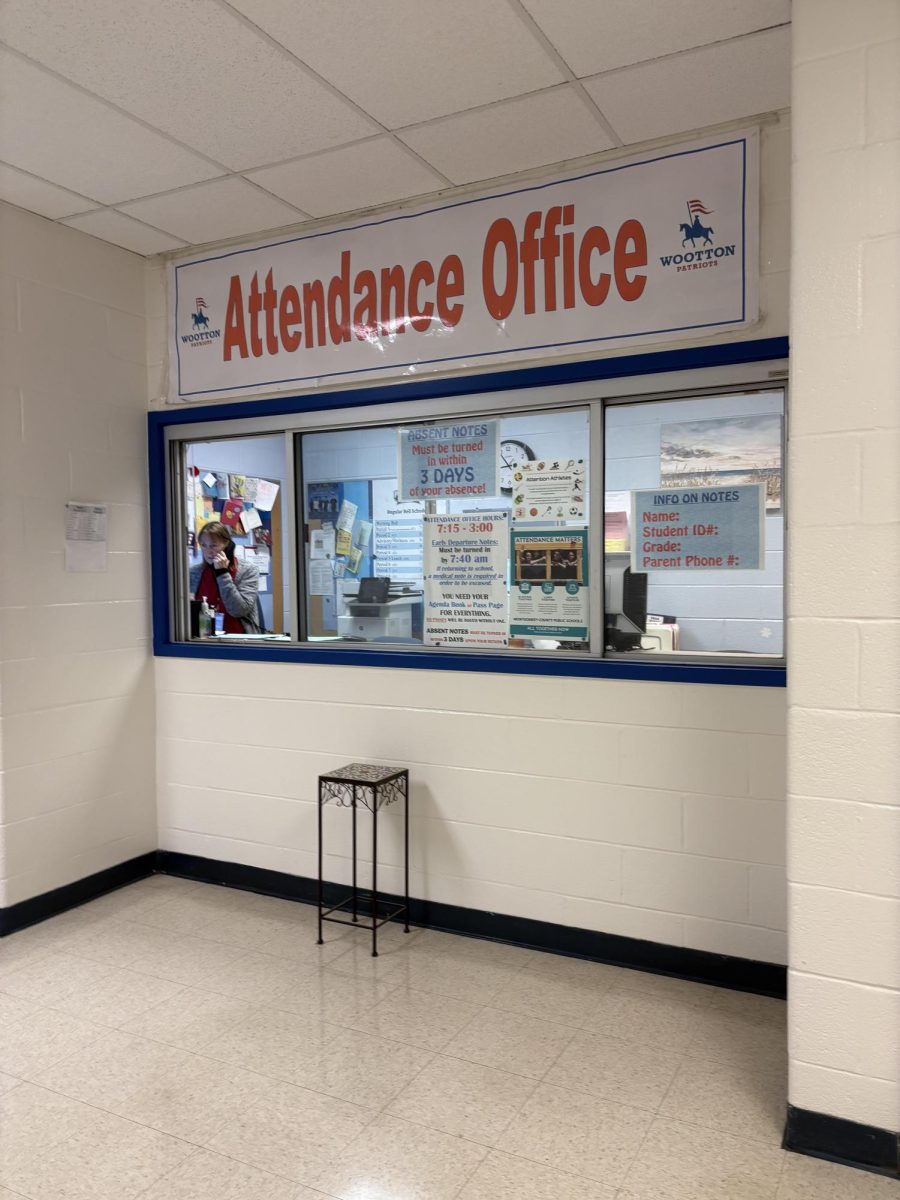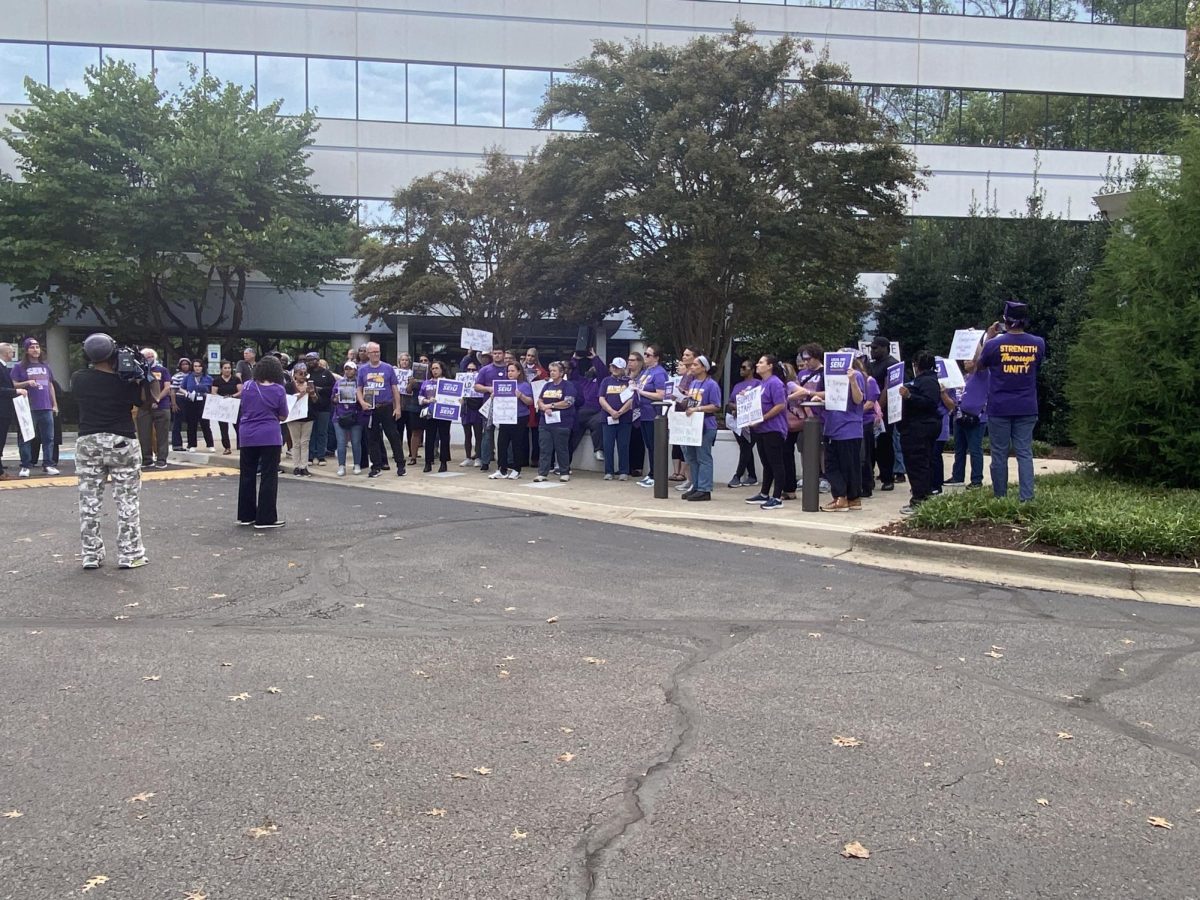As you may be aware, one of the article packages on page seven in our last issue of Common Sense stirred up a lot of controversy within the community. The point-counterpoint article that appeared in the opinion section was titled, “Has The N-Word Become Acceptable For Casual Use In Today’s Culture.” Two students, one arguing “yes,” and the other arguing “no,” wrote about their opinions on this subject.
Both students were white and, since the article appeared in the opinion section, they both stated their opinions on the topic — neglecting to quote or include statistics from the black community since opinion articles don’t require quotes.
As a staff, we have decided to follow up on that article in order to apologize to anyone who was hurt or negatively affected by this article, as that was not our intention. In addition, we have written this reflection in order to show how we plan make adjustments to both our editing and writing processes to ensure that something like this will not happen again.
Concerns with the article
Several days after the third issue of the newspaper was released, the Minority Scholars Program (MSP) dedicated their weekly meeting to address what was said in the paper. Students spent a little over an hour on Oct. 26 discussing how the article made them feel, what specifically angered them about the article and what problems its publication revealed on a larger, school-wide scale.
The African American Parent Student Network then led a meeting for parents, students and administration on Oct. 27 at 5 p.m. to allow all members of the community to voice their opinions and to discuss follow-up actions as a school.
The first problem with the article that was noted by students and parents at the meetings was its subject. The students in the meetings indicated that n-word is, to them, an association with hatred and a dark time in their past. Multiple students and parents felt that the entire subject should have been avoided, and it was not the newspaper’s place to cover such a serious and potentially hurtful topic. “The article was insensitive to the African American community in Wootton High School and has been emotionally scarring,” senior Myles Frost said.
Other students and staff expressed their disagreement with this. Principal Kimberly Boldon said that already this year, four students have been sent to her office for using the word. She expressed that although parents may not want to hear it, the n-word has become increasingly relevant in society. In fact, Common Sense chose to cover this controversial topic in the first place after the recent incident at Frost, where students called each other the n-word on a school bus, proving that it is a relevant problem in our community.
This leads to the next major concern with the article — the point-counterpoint structure. Even though many students feel that the topic was justified, they feel that no one should be defending the use of a word that offends some people, especially when they have no written evidence or quotes to back it up. In addition, in a point-counterpoint article, both sides have the same weight, as they are both the same length and the same structure, and most felt like these two sides did not bear the same weight. In addition, in the way a point-counterpoint is constructed, there are only two potential answers to the question. The format gives no room for more complicated, qualified answers. “This question is not nearly as simple as just ‘yes’ or ‘no,’” senior Ornella Bayigamba said. “Especially coming from someone who is not a part of the African American community, whose parents and grandparents haven’t been through what ours have — how can they even begin to understand the complexity of this question?”
This leads to another major point of concern, which was the lack of African-American voice in an article that directly pertained to them. Students argued that this word does not mean the same thing to white students as it does to black students. “It was so frustrating to us because where Minority Scholars Program meets literally right down the hall,” MSP President Stephanie Botchway said. “The African-American population at Wootton is four percent and that room is our breeding ground.”
There were no quotes in either article, and there was no communication with the African American community when writing these articles.
In addition, a point that came up many times throughout the two meetings was the fact that the articles did not distinguish between which n-word they were referring to. The general agreement was that the five letter -a word and the six letter -er word can have very different meanings and connotations, and they should not have been grouped together in one article. “This frustrated me because of the level of ignorance that it takes to not only neglect the existence of the two words as separate, but ignore the community whose history is intertwined with the two words,” senior Omar Nuñez said.
Preventative measures
In hindsight, the newspaper should have written about the transformation of the n-word, going back to its roots of slavery, to the civil rights era and then its reclamation from the black community in the ‘90s, including student opinion and surveys along the way.
In an attempt to discuss this issue and all that we could have done differently, we devoted three, 45-minute class periods to talking about the articles. We have also discussed preventative measures that we can take in order to ensure that something like this won’t happen again. The editorial board has decided that we will include a new section to our editing checklists that will concern how the public will perceive and feel about this article. This will force the editors to think deeper about each article’s implications on the community before letting it through to the next round of edits.
Although opinion articles are solely a student’s opinion and do not technically require any quotes or statistics, as an editorial board we will encourage the use of these tools in order to be more convincing and ensure representation.
Lastly, there was a demand from parents that our staff be more diverse. Newspaper is a class and anyone can sign up, but we do acknowledge that our staff is predominantly made up of white students. In response, our newspaper staff will be working with MSP, the African American Student Parent Network and other minority groups in order to encourage more minorities to join our staff and to cover issues from a more diverse lens.
School-wide
I think that this article showed a problem that this school faces which, in my opinion, may be much larger than one article in one issue of the school’s paper.
At our school, which has the second smallest African-American and Hispanic students population in the entire county, many minorities feel like their voices are not being heard. As a result, there is a great divide in the understanding between minority student’s cultures and white student’s cultures. This idea was demonstrated in the articles’ failure of representation of the black perspective on an issue that pertains directly to them.
This core problem in our school environment, and the reluctance of many within our community to take the time to bridge this understanding of one another’s cultures and backgrounds, by doing the hard work of listening to each other, needs to be addressed. We must allow minority students a platform on which they can speak. We at Common Sense hope to provide that platform from this moment onward.
Gwen Klein
Managing Editor




